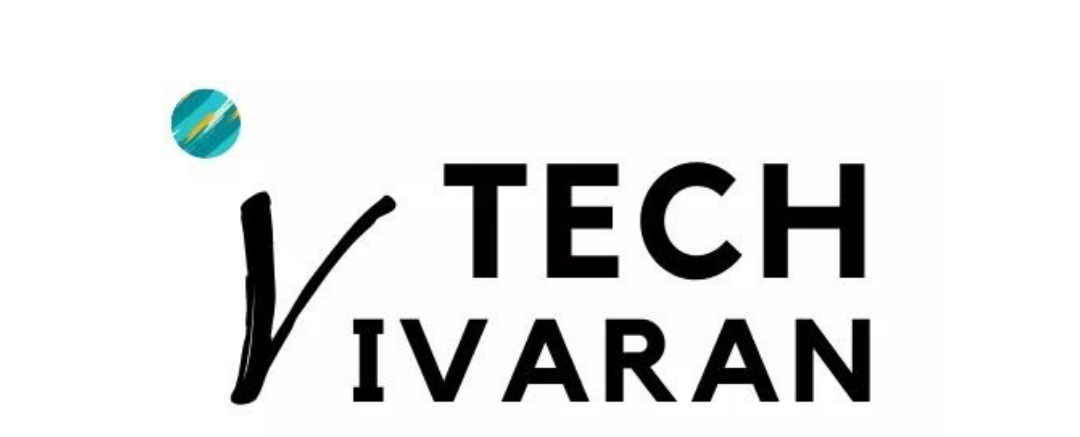Since the last decade, internet usage has been steadily expanding, and the technology employed by mobile app development businesses is a major element in this. Engineering, medicine, education, and other professions will soon begin to use the most recent forms of interactive mobile apps.
Every app development business strives to create a user-friendly interface that is accessible, entertaining, and easy to use. These mobile app developers employ a variety of technologies that can be applied in many different platforms or to cross-platform app development. Developers’ experience has been increased by these computing and programming languages.
Now, let’s take a look at the top technologies that are required by many professions in the future, and how companies are working on them.
Artificial Intelligence
1) Artificial Intelligence (AI) is a machine-processed model of human intelligence. Learning, thinking, and correcting are the three fundamental phases in these processes.
2) Ai is made up of a variety of data kinds with matched algorithms that contain certain subsets. Machine learning, data science, and deep learning are examples of these subgroups.
3) Most mobile app development businesses now use AI as a core component. Apart from aspects like display learning, reasoning, and planning, AI also gives these apps features like perception, manipulation ability, and knowledge.
Cloud Application
1) A cloud application is a software program that is entirely cloud-based yet still works with local components.
2) There may be an increase in the need for cloud maintenance and architecture in the future. This cloud-based solution saves app developers money on hardware.
3) Not only save time and money using a cloud application but it also helps product development.
Internet of Things
The Internet of Things is a network of physical objects that are integrated with sensors, software, and other technologies to communicate and exchange data between devices and systems over the Web.
While IoT unites everything into a single system, mobile apps can design, function, and offer even complicated services more easily.
Blockchain technology
1) Blockchain is a rapidly evolving technology that has the potential to transform the financial services industry. It is expected to alter well-established financial institutions by lowering operational costs, speeding up and improving the security of money transactions, and sensitive data transmission. Many banks and financial institutions are already using Blockchain in their operations. This technique stores data in such a way that changing or hacking the system is extremely difficult, if not impossible.
2) Supply chains, digital currency transactions, Blockchain consultants, and other applications have all been made easier by Blockchain technology.
3) Since blockchain technology eliminates intermediaries, maintains transparency, and protects user data, it is employed in a variety of fields, including voting, currency exchange, banking, contract administration, and so on.
AR/VR technology
1) Augmented reality (AR) uses a Smartphone’s camera to overlay digital features to a live view.
2) Virtual reality (VR) refers to a completely immersive experience that isolates the user from the outside world.
3) AR/VR technology is widely employed in a variety of fields, including education, engineering, medicine, and architecture. These worlds engage their consumers through wearable gadgets and apps, these technologies will become increasingly popular soon.
4) Companies take their consumer experiences to a new level by incorporating AR/VR technology into their mobile apps. IKEA, for example, has created the Place app, which allows customers to check if the furniture they want to buy will fit in their houses. Google Maps now includes an augmented reality feature that allows users to better navigate around a city by overlaying a virtual map over real-world street views.
To summarize, all of the aforementioned trends will change mobile technology, and if you’re planning a future mobile development strategy, make sure to incorporate the aforementioned trend. Mobile apps have recently emerged as one of the most convenient forms of communication between any business and its clients. As a result, mobile app developers frequently employ all of these technologies simplify their systems and give a better experience for their consumers.






